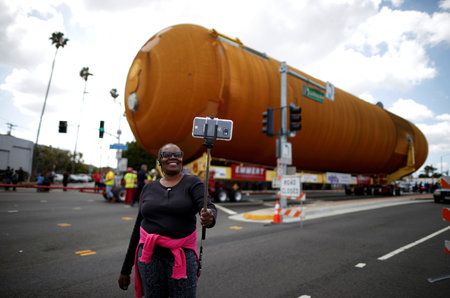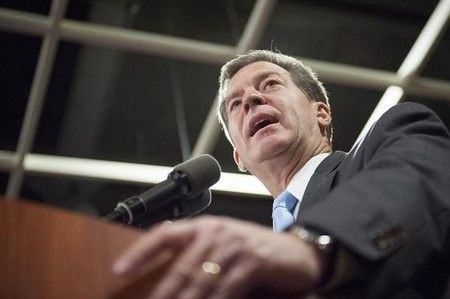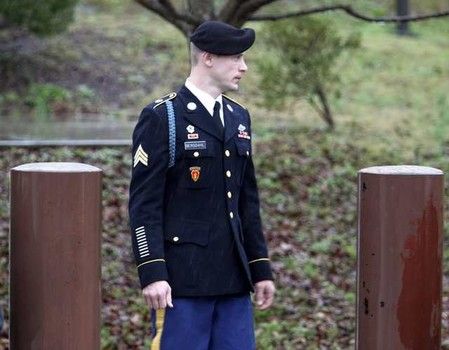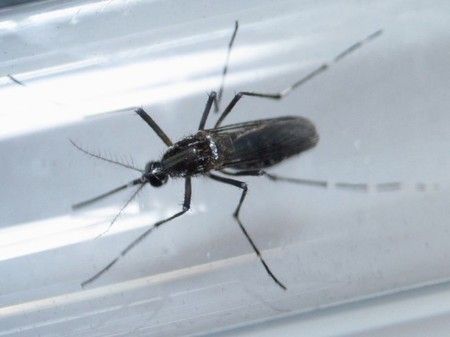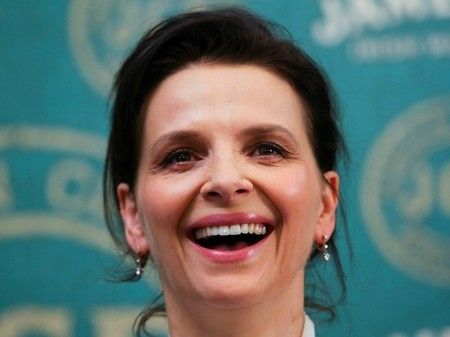Advertisement
‘Birth of a Nation’ filmmaker reflects on his 2001 rape trial, acquittal
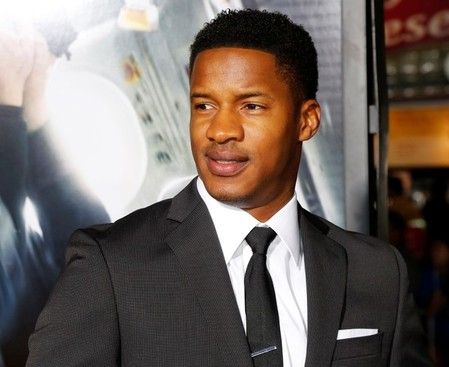
By Steve Gorman
LOS ANGELES (Reuters) – Actor-director Nate Parker says he never gave another thought to his trial and acquittal on rape charges in 2001 until forced to confront the issue again as the promotion for his film “Birth of a Nation” was gaining steam this month.
In an interview with Ebony magazine published on Saturday, his first since learning in recent weeks that the women who accused him of rape in 1999 had committed suicide, Parker also acknowledged his previous comments to the media about the case were “insensitive.”
“When I was first met with the news that this part of my past had come up, my knee-jerk reaction was selfish,” he told the magazine. “My only thought was I’m innocent and everyone needs to know.”
Parker, 36, whose film about an 1831 Virginia slave revolt is set for commercial release in October, said he was only now coming to terms with issues of “toxic masculinity” and “male privilege” that influenced his “disrespectful” behavior toward women as a younger man.
Parker, who was little known before “Birth of a Nation” made a splash at the Sundance Film Festival in January, has been at the center of a controversy since the 17-year-old rape case involving him came to wide public attention earlier this month.
A debate over whether the artist can be separated from the art has gripped Hollywood, the black community and women’s groups, while some civil rights leaders have suggested the media was dredging up the rape case to discredit a powerful story about slave resistance.
An 18-year-old fellow Penn State University student accused Parker, then 19, and his friend, Jean Celestin, of raping her while she was unconscious from heavy drinking.
A jury acquitted Parker in 2001. Celestin, now credited as a co-writer on “Birth of a Nation,” was found guilty of sexual assault, but the verdict was overturned on appeal.
Initially addressing the case two weeks ago in interviews with Hollywood publications Variety and Deadline, Parker told Variety, that the case was litigated and, “I was cleared of it. That’s that. Seventeen years later, I’m a filmmaker.”
His remarks struck many as callous, especially when it surfaced days later that the woman had taken her own life in 2012 at age 30.
Parker wrote in a subsequent Facebook post that he was devastated by news of her death, while reasserting that their encounter had been “unambiguously consensual.”
(Reporting by Steve Gorman; Editing by Raissa Kasolowsky)




